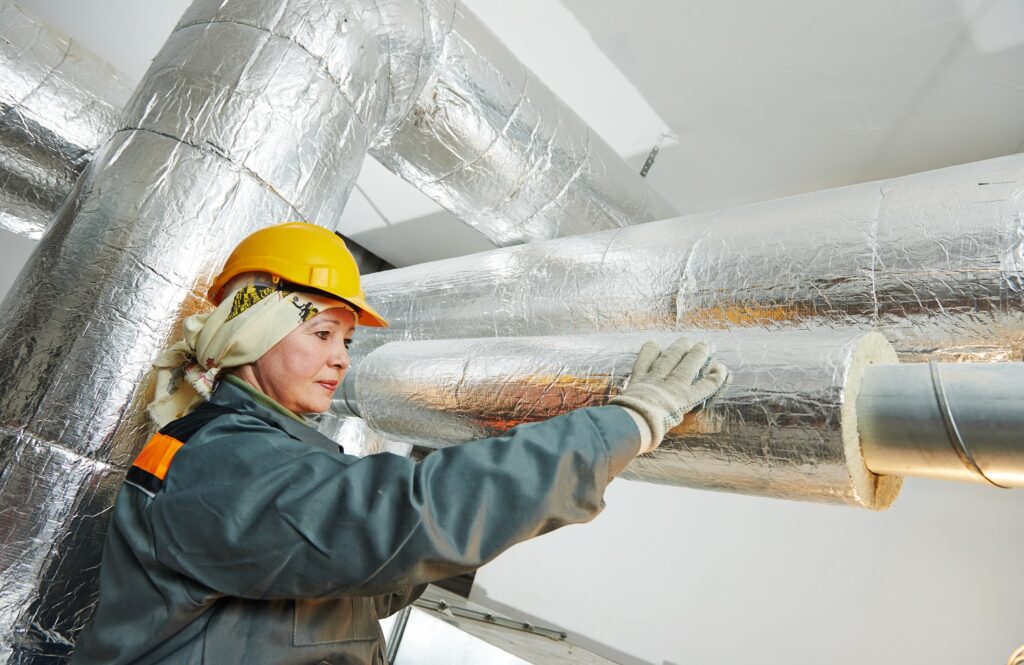Grants to 26 public institutions will create more comfortable spaces in communities across Washington.

The Washington State Department of Commerce is awarding over $14.3 million to support energy efficiency retrofits in public buildings. Funded by the state’s Climate Commitment Act, these grants will help schools, hospitals, colleges, and local governments cut energy use and meet Washington’s Clean Buildings Performance Standards.
The retrofits are designed to provide long-term savings and include maintenance plans to keep buildings running efficiently for years, with 40% of the funding going to K-12 public school districts.
Here’s where the funding is going:
- Benton County: $406,000
- Bethel School District: $798,161
- City of Chewelah: $392,250
- City of Seattle: $309,464
- City of Spokane Valley: $258,950
- Clallam County Hospital: $1,000,000
- Clover Park School District: $607,020
- Eatonville School District: $1,000,000
- Edmonds School District: $191,250
- Highline Public Schools – Cascade: $218,080
- Highline Public Schools – Chinook: $209,374
- Hockinson School District: $427,474
- Issaquah School District: $847,816
- Lake Stevens School District: $1,000,000
- Lake Washington School District: $325,436
- Lakewood School District: $293,663
- Lewis County: $571,200
- Mead School District: $591,812
- Naches Valley School District: $231,137
- Riverview School District: $348,085
- South Puget Sound Community College: $1,000,000
- Sultan School District: $304,037
- Sunnyside School District: $663,599
- Toppenish School District: $744,760
- Wapato School District: $939,075
- Washougal School District: $623,942
These grants are part of Washington’s commitment to building a more sustainable future. Learn more about the Energy Efficiency Retrofits for Public Buildings program and the Clean Buildings Performance Standardsat commerce.wa.gov.Read more about the projects here.